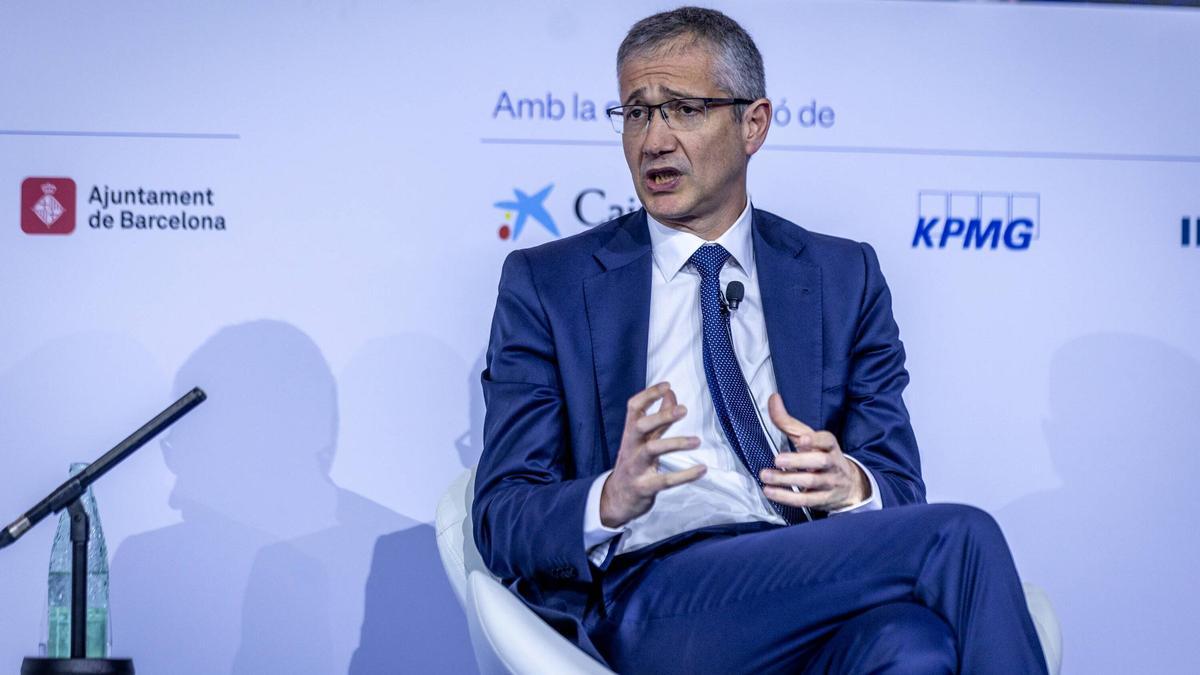The world’s top ten: the United States first
Despite the current geopolitical situation and driven by the economic recovery after Covid-19, between 2020 and 2021, global financial assets recorded double-digit growth rates for the first time in more than 20 years. The first country in the world in terms of wealth is the United States, followed by China, in third place by Japan, followed by the United Kingdom, Germany, France and Canada in seventh place. Italy is the eighth country of financial wealth. Australia and Taiwan complete the top ten. Financial wealth and the pool of real assets and liabilities grew from 2016 to 2021, reaching $13,200 billion. In the United States, the total financial wealth at the end of 2021 amounted to 119 trillion dollars. This includes all liquid financial assets (deposits, listed shares, private life insurance, pensions, mutual funds, fixed income, and other secondary asset classes) and all illiquid financial assets (unlisted shares in public companies that, however, are not traded or other holdings in the form of Limited liability shares, including holdings in partnerships, etc.) for both onshore and cross-border assets.
Italy is in eighth place
Instead, our country’s financial wealth amounted to 6 trillion US dollars, real assets 8100 billion and liabilities 900 billion dollars. At the European level in 2021, the weight of our country in terms of financial wealth was 11.3%, 12.3% of real assets, 6.6% of Western European liabilities. 431,000 Italian millionaires, that is, people with assets of at least 1 million dollars in financial wealth, Approximately 1% of the adult population. If we look at the super net wealth sector, there are 2,100 individuals with over $100 million worth of financial wealth in Italy.
sector development
The development of the wealth sector is extraordinarily resilient, and even in the context of geopolitical turmoil, the growth rate remains positive. While this stability provides tremendous opportunities for asset managers, they will need to make strategic choices to remain competitive. Indeed, clients in the asset segment are always looking for innovative offers and services that take into account the current changes: Net-Zero, cryptocurrency, personalization and digital. The question that asset managers face today is not which initiatives to prioritize, but how to best implement them all.
Net-Zero, an immediate necessity
Sustainable investments are growing three to five times faster than traditional investments and could represent 8% to 17% of privately invested wealth by 2026, up from 4% to 11% today. While there is a tendency to think of zero net impact as a goal to be achieved by 2050, the report notes that wealth managers need to act immediately to incorporate sustainable investments into the entire client lifecycle.
The crypto world is inexperienced by traditional managers
Crypto is a market that is not exploited by traditional managers. Unconventional companies currently manage up to a trillion dollars in cryptocurrency wealth, and the capitalization of this market could increase four to five times by 2030. The opportunity for wealth managers is clear: nearly 80% of respondents said they are open to considering increasing their holdings. of cryptocurrency if wealth managers provide advisory and training services. Two-thirds of clients who have outsourced their crypto investments to third parties do not believe their wealth managers provide this type of service.

“Infuriatingly humble social media buff. Twitter advocate. Writer. Internet nerd.”



